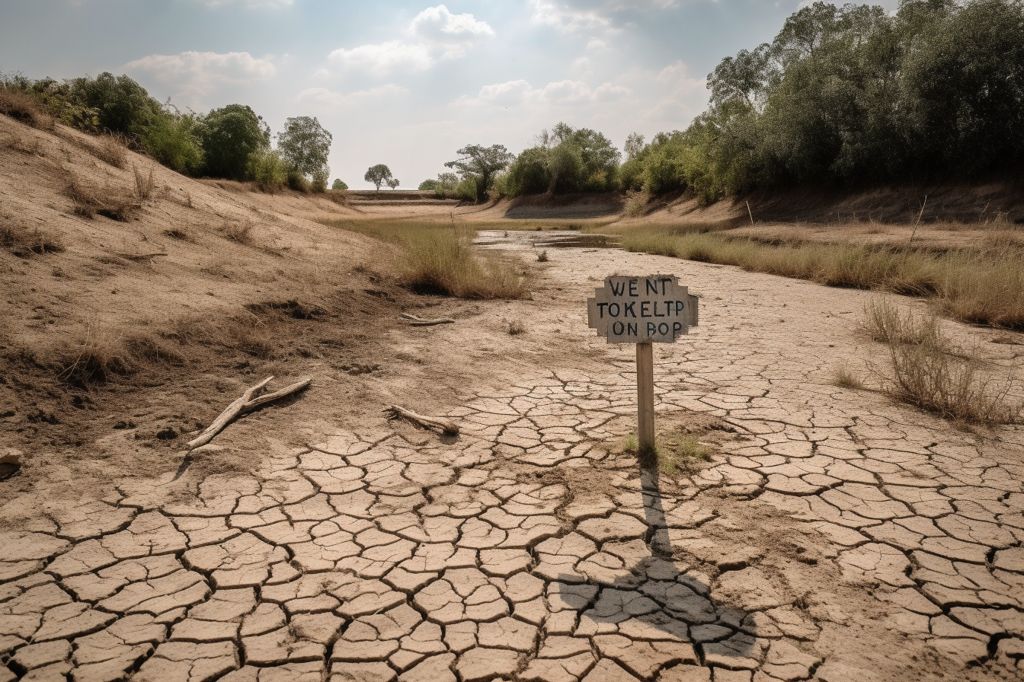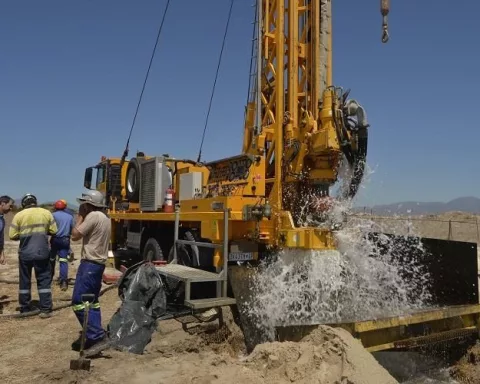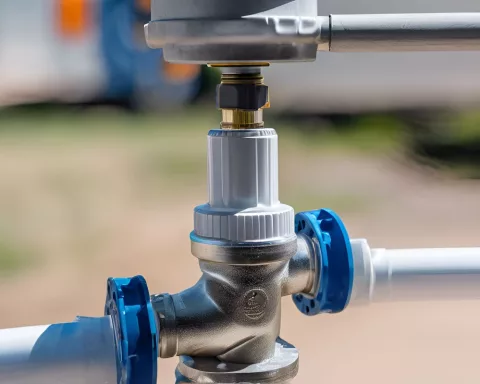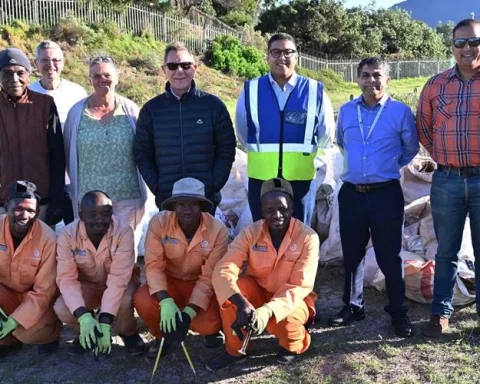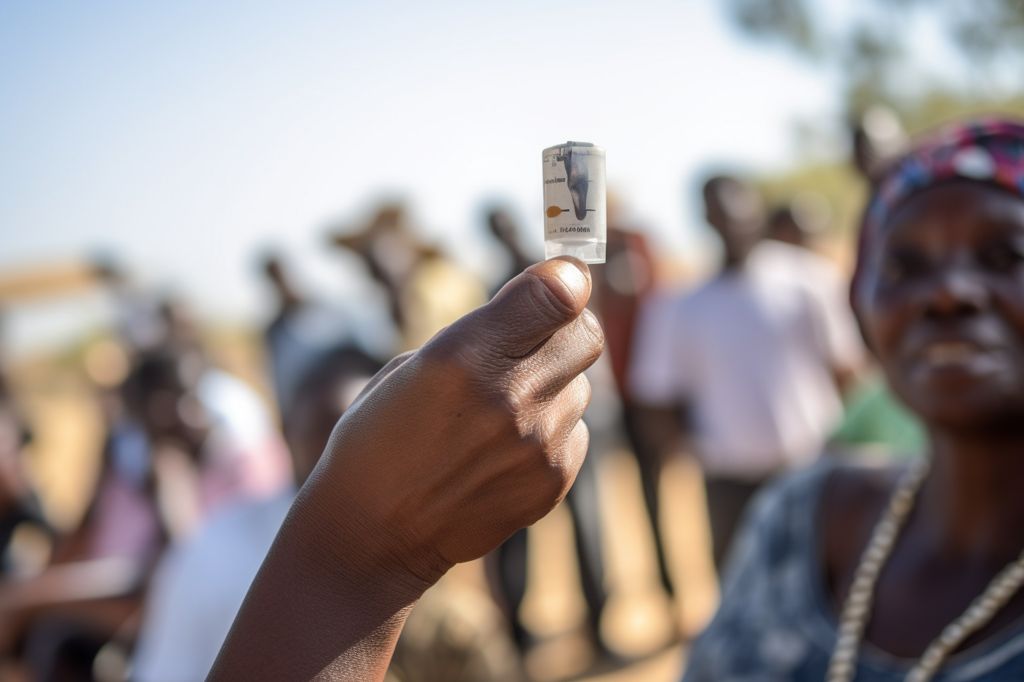The Western Cape of South Africa has been grappling with a severe drought for several years. In 2017, the region introduced water restrictions to help manage the scarce water supply. While there has been a slight improvement in the situation in 2020, the region’s water supply remains fragile.
Recent Rainfall Brings Hope
The recent rainfall in the Western Cape has brought renewed hope for a full recovery of the region’s water supply. However, the National Department of Water and Sanitation has urged residents to continue using water sparingly. The department has also implemented measures to reduce water consumption, such as installing water-saving devices, replacing leaking pipes, and promoting water-wise gardening.
Sustained Rainfall Needed for Full Recovery
While the recent rains are a positive development, the Western Cape’s water supply remains fragile. It will take sustained rainfall over an extended period to replenish the region’s water resources fully. Therefore, water users must continue to use water responsibly and report any leaks or water wastage.
Global Water Scarcity
Water scarcity is a global issue affecting many regions worldwide. Therefore, adopting sustainable water management practices and promoting awareness of the importance of water conservation is crucial.
Conclusion: Water is Life
In conclusion, the recent rainfall in the Western Cape catchments brings hope for a better future, but more needs to be done to ensure the region’s water security. Water users must continue to use water wisely to ensure that everyone has access to this essential resource. As the saying goes, “Water is life, sanitation is dignity,” and it is crucial to protect both for the well-being of all.

